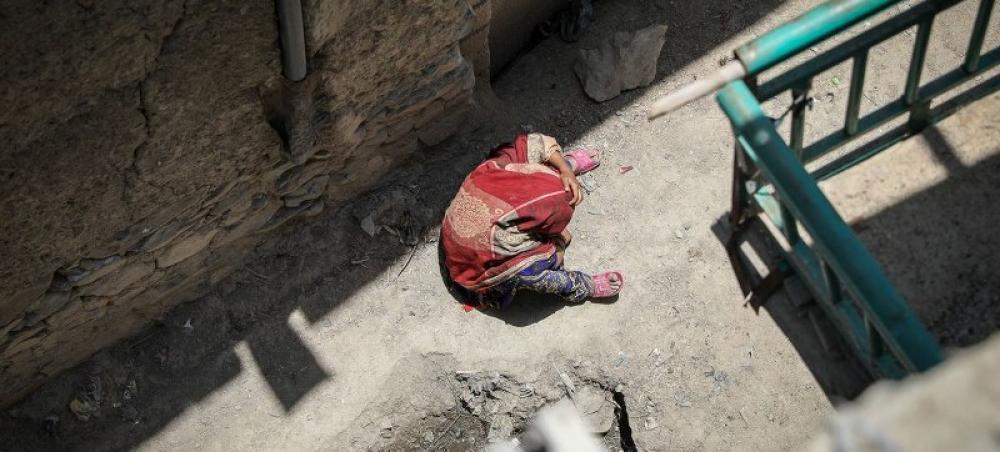Health
State of Health UN warns of growing bird flu risk, urges vigilance
21 Jan 2014, 10:16 am Print

New York, Jan 21 (JEN): The United Nations agricultural agency Monday issued a new warning that bird flu viruses are on the rise again in China and urged neighbouring countries to be extra vigilant head of the upcoming Chinese New Year festivities.
“FAO [Food and Agricultural Organization] called upon neighbouring countries to remain vigilant in the face of A(H7N9) and other avian influenza viruses, such as highly pathogenic avian influenza H5N1,” the UN agency said in a news release from Rome.
The number of human infections of H7N9 has considerably increased since late December in East and Southeast China, the UN World Health Organization (WHO) has said. At least seven cases of H7N9 infections have been reported this year, according to local reports.
Addressing its Executive Board Monday in Geneva, WHO Director-General Margaret Chan stressed that “vigilance is our watchword.”
Millions of people and poultry are expected to be on the move and many households will slaughter poultry at home to celebrate festivities that start next week. In addition, influenza viruses traditionally show increased activity during the winter months.
“Chinese authorities are enforcing important measures to reduce the risk of human exposure to the A(H7N9) virus,” said FAO Chief Veterinary Officer Juan Lubroth.
Measures include temporary closures of live bird markets, regular market rest days, improved hygiene in markets, heightened and ongoing surveillance in poultry and live bird market environment, and control of poultry movements.
“But countries need to stay alert, as the virus continues to circulate in poultry without showing any visible clinical signs. The risk to humans remains, especially over the next few months and particularly during the Chinese New Year’s holiday period,” Lubroth said.
So far, no other country has reported A(H7N9) in humans, animals or in the market place.
FAO is assisting a number of member countries, particularly those that are at high risk, in preventing and preparing for possible introductions of the virus into their poultry populations, conducting risk assessment, contingency planning and expansion of diagnostic capabilities, and risk based surveillance.
The UN agency has also been working with partners, including the United States Agency for International Development (USAID), to implement animal and environmental surveillance at live bird markets and farms since June 2013.
Photo: IRIN/Victoria Hazou
More Health
- Aiming for 7,000 daily steps can reduce risk of chronic diseases, cognitive decline, and death: Study
- Scientists develop new mRNA vaccine to combat cancer
- Over 14 million infants remain unvaccinated in 2024: WHO
- New study shows vaccine campaigns cut deaths by nearly 60 per cent
- New study reveals relationship between caffeine consumption and slow cellular ageing






